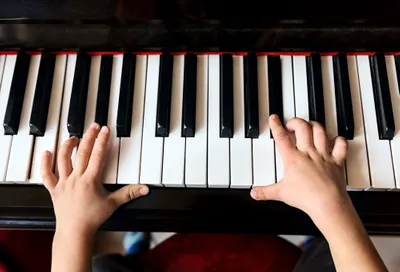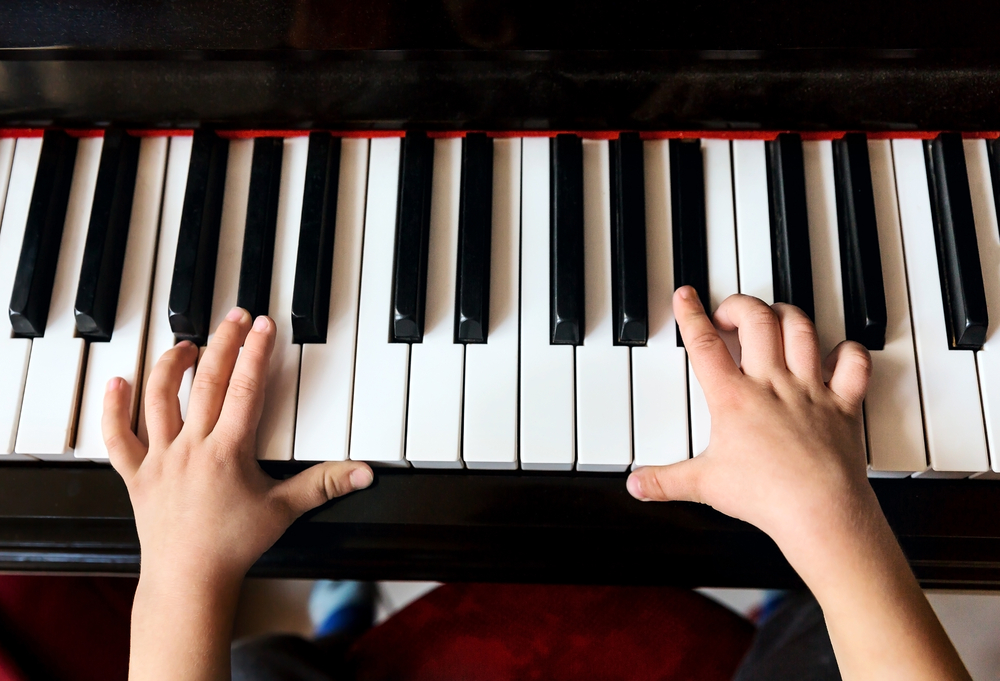
The study — which was led by Northwestern University’s Nina Kraus, a professor of communication studies — examined children participating in Los Angeles, California’s Harmony Project, which gives kids from low income households access to music education and musical instruments.
After studying Harmony Project participants for two years, Kraus’ research team found that their brains showed significant improvement in speech and reading processes. In fact, in this regard there was a visible difference between active participants in the Harmony Project and those who did not receive significant musical training.
“Even in a group of highly motivated students, small variations in music engagement — attendance and class participation — predicted the strength of neural processing after music training,” Kraus said. “Our results support the importance of active experience and meaningful engagement with sound to stimulate changes in the brain.”
Kraus’ report also describes how engaging in music classes can help to “remodel” a kid’s brain so that it enhances the ability to process speech.
“What we do and how we engage with sound has an effect on our nervous system,” Kraus said. “Spending time learning to play a musical instrument can have a profound effect on how your nervous system works.”
The study also found that participating in music classes was particularly helpful for children from low income households. Previous studies have shown that these children struggle to fully develop the sections of the brain responsible for reading and speech.



